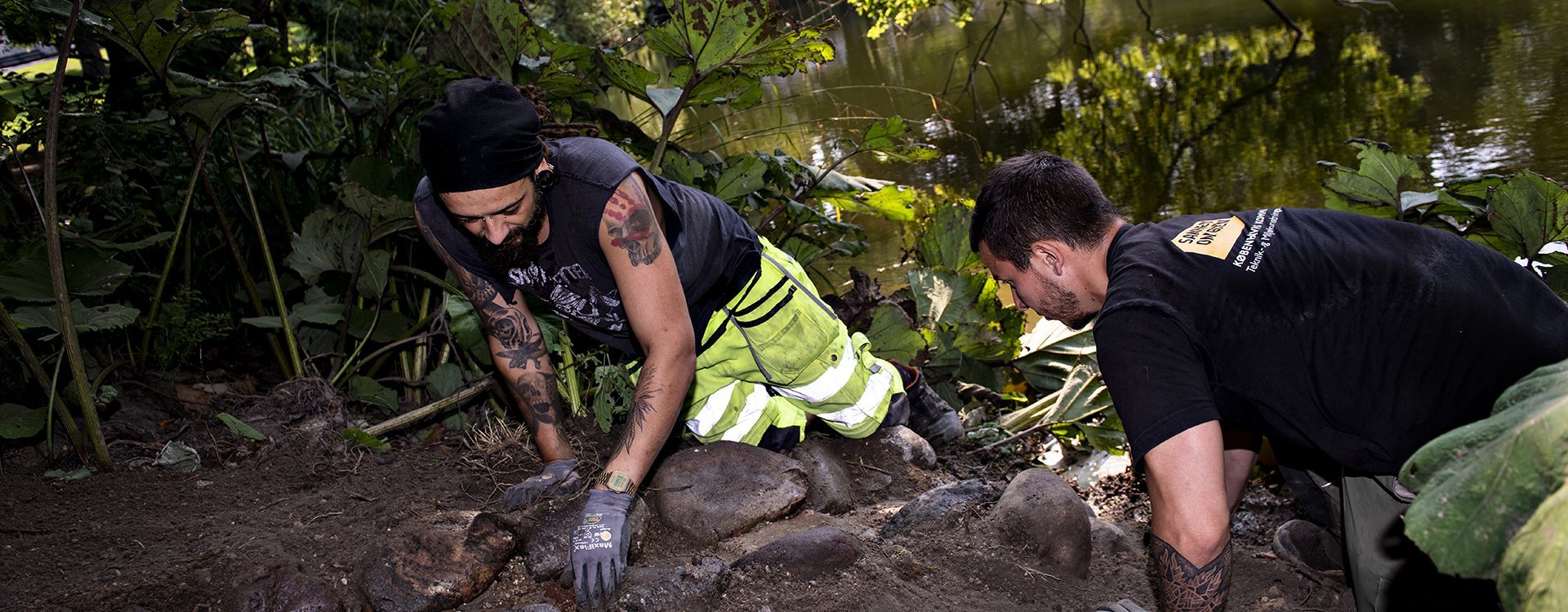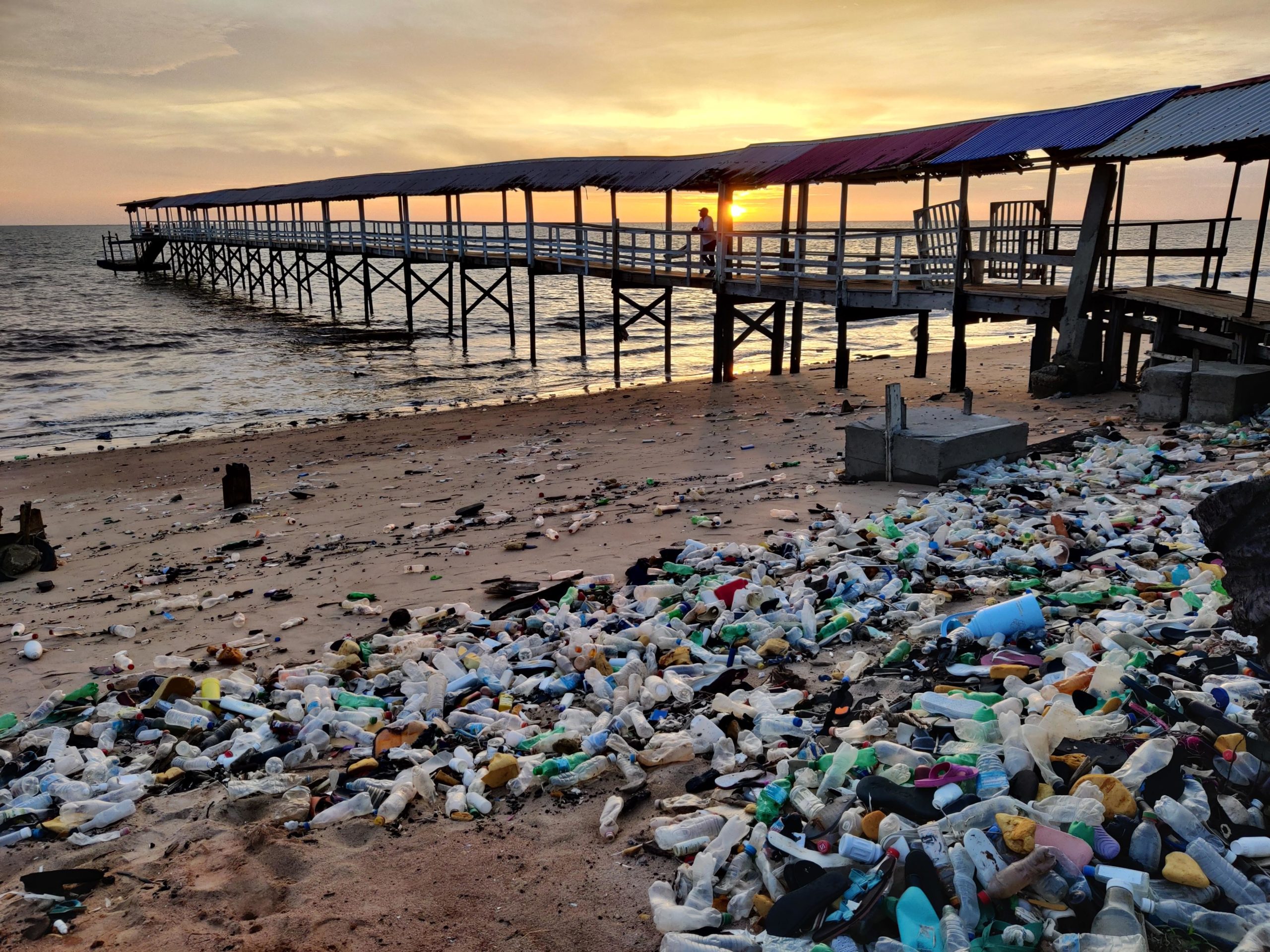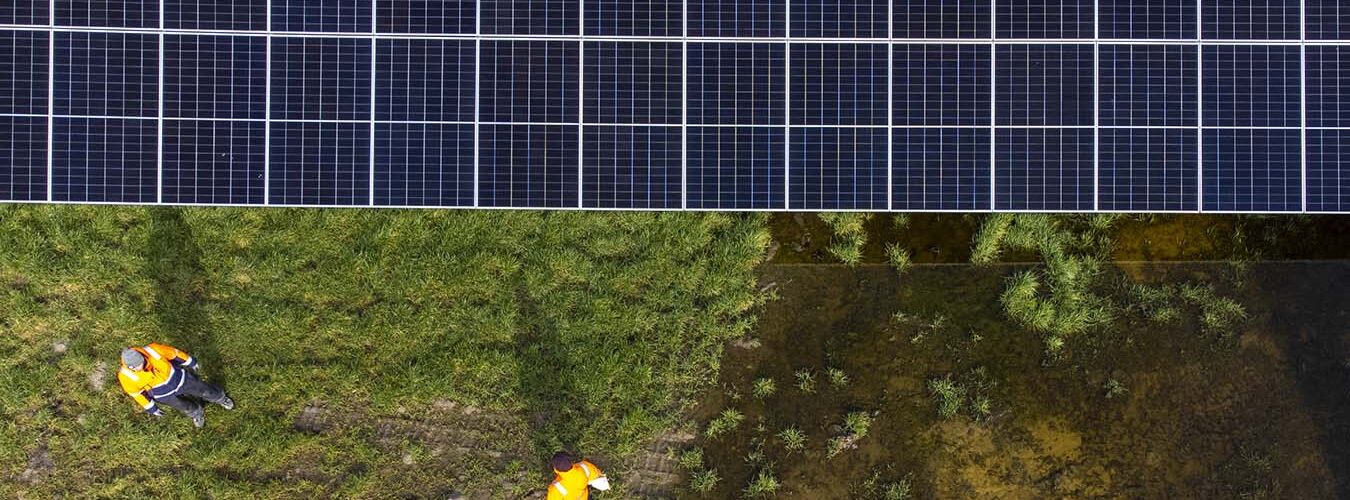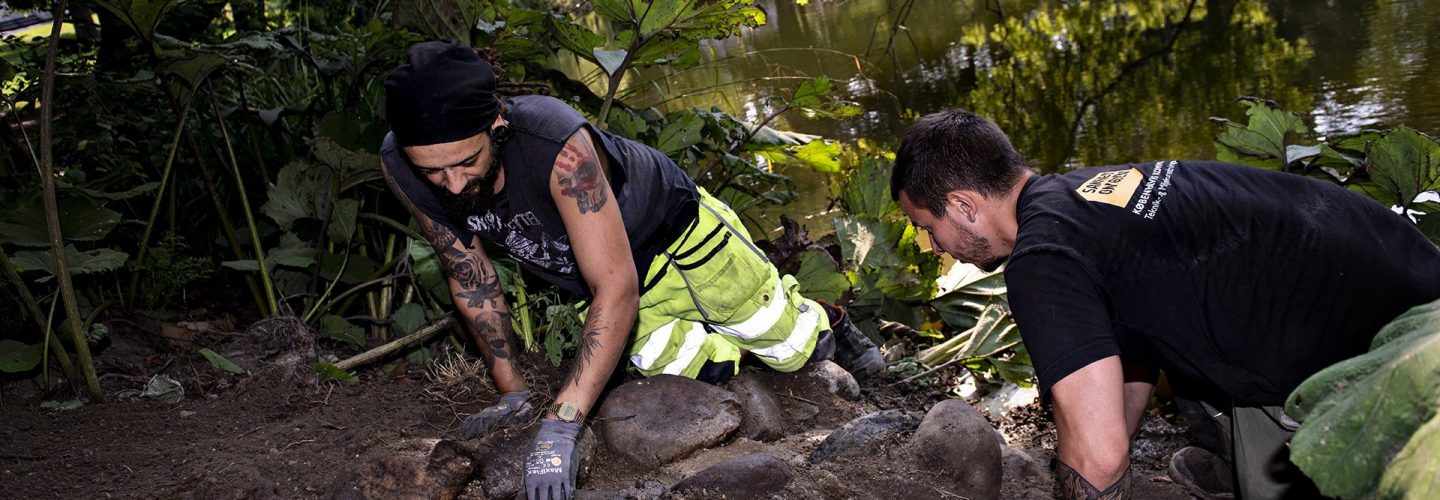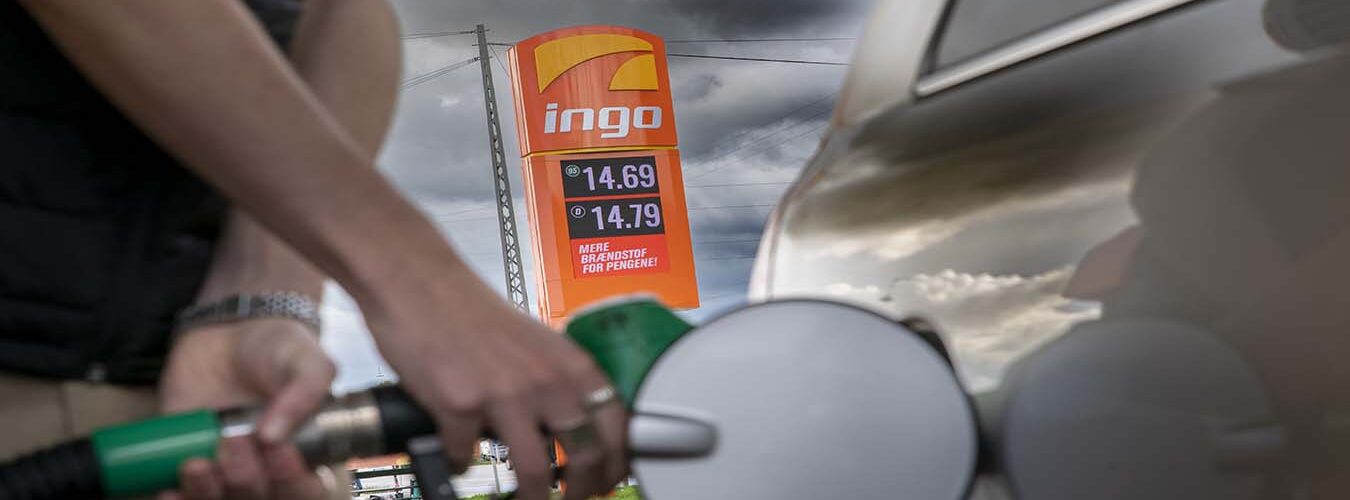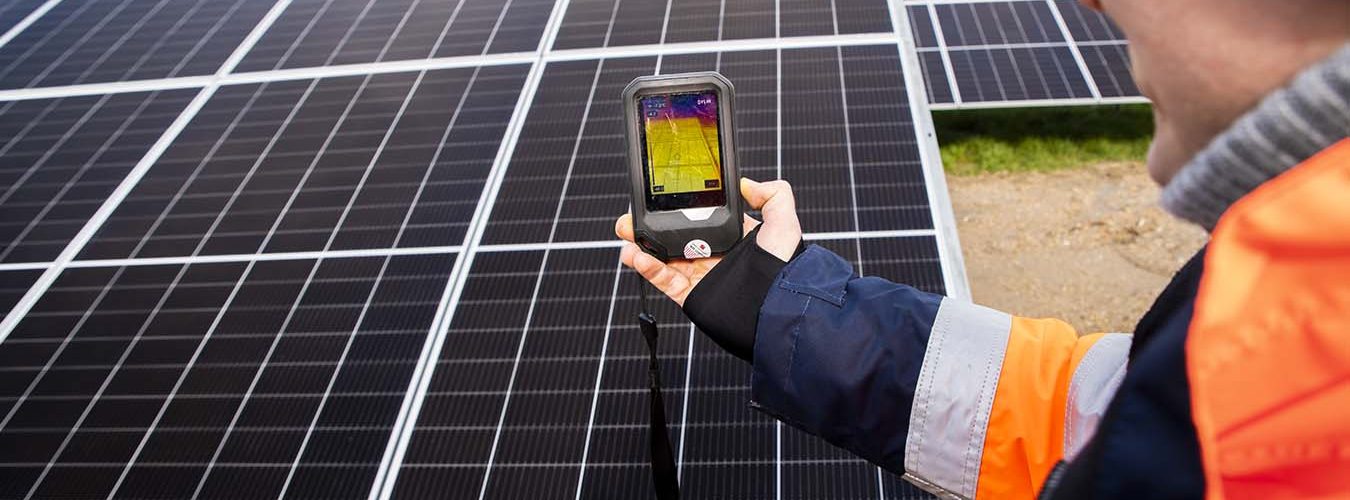FH is the Danish Trade Union Confederation. Our members represent 1.3m Danish workers: masons, mechanics, electricians, nurses, teachers, gardeners, office workers, factory workers and many others. Occupational groups that have created the society we know today.
We have played a key role in the transitions in Danish society over the past centuries – from the introduction of democracy to the development of the welfare state. And we are ready to do so again.
The green transition is next.
A master plan
This is our proposal for a climate plan for 2030. It is a master plan. We call it a master plan because it comprises all major sectors and because it does not just point to narrow climate initiatives but also to necessary supportive measures:
A healthy and safe work environment, worker participation, training and education, skills development and job security.
The plan is also a master plan because it addresses a number of challenges facing society at the same time: We are not just facing the challenge of climate change but also the corona crisis.
The crisis calls for major investments in order to increase employment and Danish exports. And it calls for recognition of the needs of the most vulnerable groups in society. Our plan encompasses these things.
The plan thus rests on three principles that have also been reference points for us in previous transitions. Solving challenges faced by society, creating more good jobs and ensuring social justice.
The plan meets our climate targets
The plan meets the 2030 target to cut Denmark’s emissions by 70%. This is done through development instead of dismantling. Among other things, we need to invest in development into energy, food products, the circular economy and bioeconomy.
The new solutions will make Denmark an international pioneer country. They can reduce emissions in other countries considerably, thereby contributing further to address the global challenge of climate change beyond our own reductions.
We are among a number of countries that, with an international outlook, can contribute much more than our limited size and national emissions would otherwise call for.
The development of new solutions does not mean that we put our heads in the sand. On the contrary, we also propose initiatives that will force a transition. This applies, for example, to carbon taxes which should be introduced from 2025, at the latest.
More good jobs
The green transition can create at least 200,000 full-time equivalents by 2030. In this way, it has an effect on employment which is more than four times that of Fehmarn Belt Fixed Link, which will be Denmark’s largest construction project.
The new jobs will be created all over the country. And they will help us move past the corona crisis and beyond.
Justice in the green transition
The green transition is a journey towards climate neutrality by 2050. Some will experience bumps along the way as job functions disappear or as new skills requirements are introduced.
These workers need to know that there are solutions for them. There has to be security on the labour market and good opportunities for training and skills development. We must avoid a deterioration in living conditions and that ownership and support for the green transition is lost.
Social justice is an aim in itself. However, it is also necessary in order for the green transition to succeed. We cannot protect all job functions, but we can protect the people who fill them. Security – not uncertainty – creates courage. And we need courage to carry out the transition.
Together, we create the green transition
1.300.000
members
65
Organisations
89
Climate Policy Initiatives


